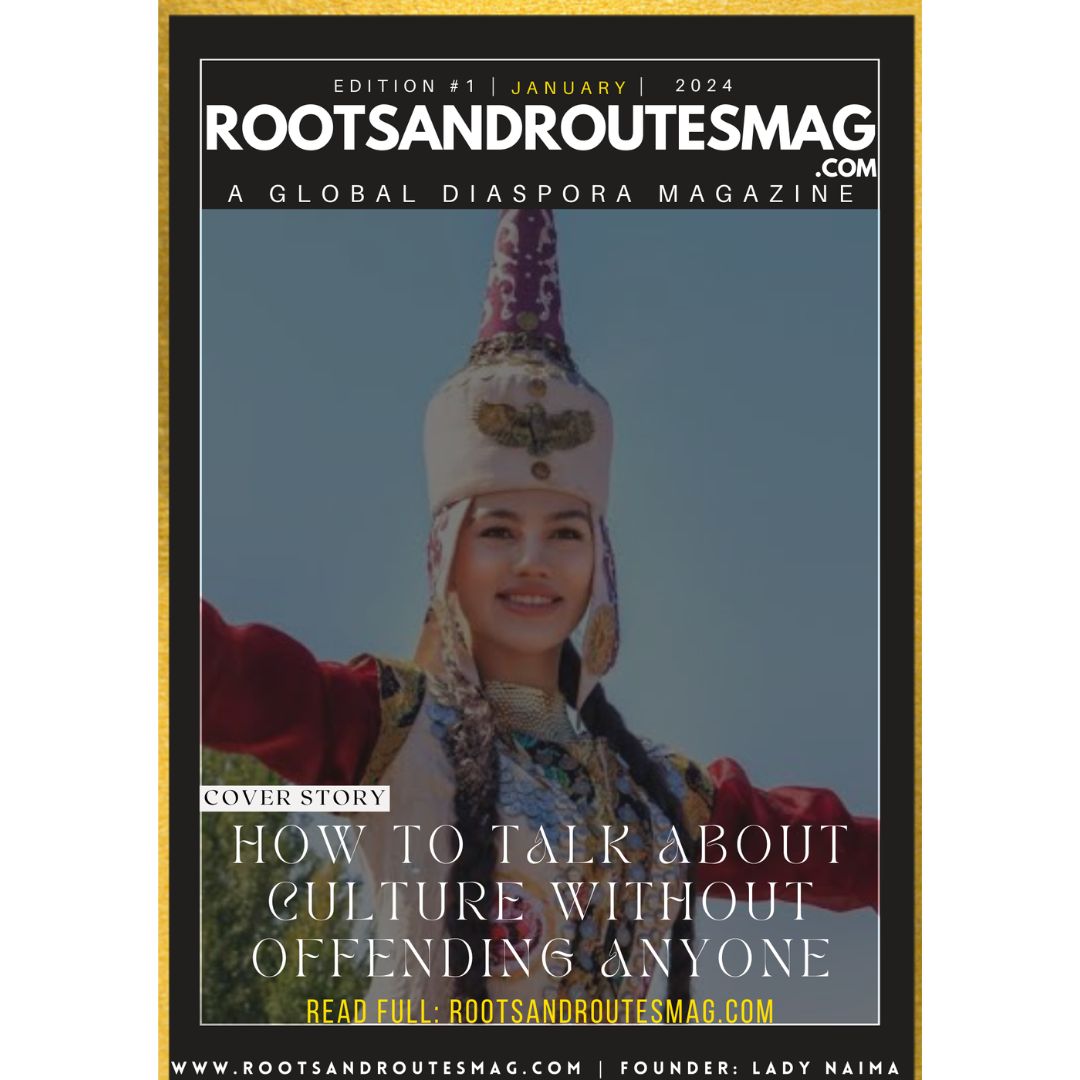How to Talk About Culture Without Offending Anyone

1. Educate Yourself First
Before discussing culture, invest time in learning about different cultural practices, histories, and values. This demonstrates respect and reduces the risk of making uninformed or stereotypical remarks.
2. Approach with Respect
Always approach cultural discussions with a mindset of curiosity and respect. Acknowledge that you might not understand everything, and be willing to listen and learn.
3. Avoid Stereotypes
Steer clear of making generalized statements about a culture. Recognize that individuals within a culture have diverse experiences and beliefs.
4. Use Inclusive Language
Choose words carefully to avoid exclusion or offense. Avoid terms that carry negative connotations or outdated labels. When in doubt, ask how someone prefers to describe their culture or identity.
5. Ask Questions Thoughtfully
It’s okay to ask questions, but frame them respectfully. For example, instead of “Why does your culture do this?” ask, “Can you share more about this tradition?”
6. Be Open to Correction
If someone points out that your comment or question is offensive, listen without becoming defensive. Apologize if necessary and use it as a learning opportunity.
7. Avoid Making Assumptions
Don’t assume someone identifies with or follows all aspects of their culture. Allow individuals to share their personal experiences and perspectives.
8. Celebrate Diversity, Don’t Exoticize
Appreciating cultural differences is good, but avoid treating them as novelties or spectacles. Focus on understanding rather than romanticizing or fetishizing.
9. Be Aware of Your Tone
Your tone matters as much as your words. A respectful and sincere tone conveys genuine interest and openness.
10. Respect Boundaries
Some cultural practices or topics may be sensitive or private. If someone seems uncomfortable, don’t push for details or explanations.
11. Avoid Comparisons
Refrain from comparing cultures in a way that elevates one over another. Instead, acknowledge differences as valuable and equally valid.
12. Focus on Commonalities
Highlight shared values or experiences to foster understanding and connection. This creates a positive foundation for discussing differences.
13. Seek Feedback
If you’re unsure about how your words or actions are perceived, ask for feedback. This shows humility and a willingness to improve.
14. Stay Humble
Accept that you may not know everything about a culture, even if you’ve studied it. Stay open to new information and perspectives.
15. Promote Dialogue
Encourage open and respectful conversations where everyone feels safe sharing their cultural experiences. This fosters mutual understanding and reduces misunderstandings.
By approaching cultural discussions with sensitivity, respect, and a willingness to learn, you can navigate conversations in a way that celebrates diversity and avoids offending others.

Tariq Riaz is a passionate web developer and content generation expert.









